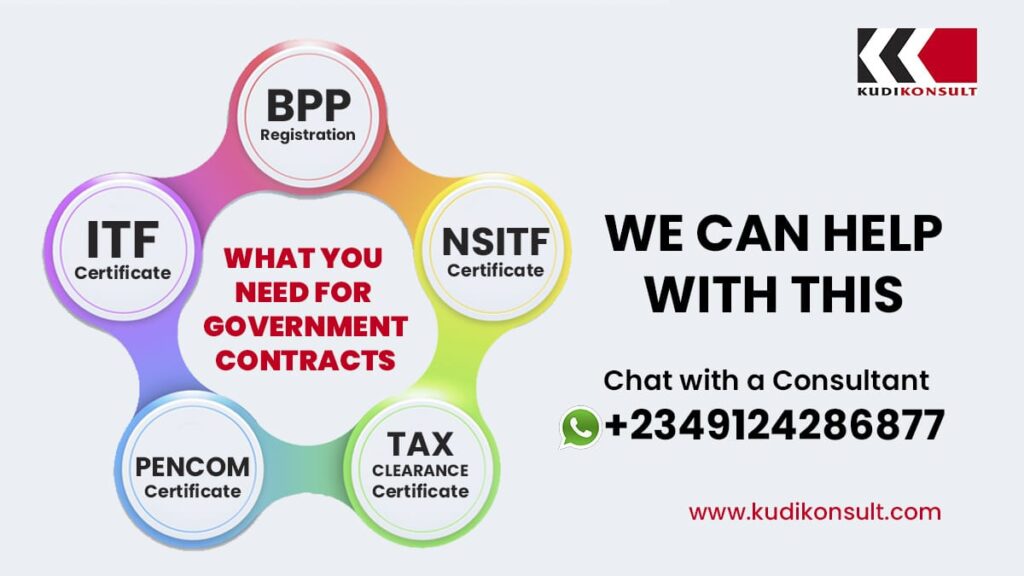
Dear Entrepreneur,
Every nation has an excess of something which is required in another country. The process of exchanging these goods or services is known as exportation or cross-border trade and in most countries this forms a substantial portion of the Gross Domestic Product (GDP).
Ensuring that business entities that are separated by borders, diverse laws and cultural differences do business seamlessly has always been of paramount concern and this concern has led to the development of some internationally accepted contracts and forms prepared by the United Nations (UN) and the International Chamber of Commerce (ICC) which can be incorporated into contracts for international trade transactions.
There also exists conventions like the Vienna Sales Convention which has been ratified by many countries and would automatically apply if the parties are nationals of countries which have ratified the Convention or if the parties agree upon its application in the contract.
This week we explore the essential features of an Export Contract

- Name and addresses of the parties: The registered names of the transacting parties and their business address should be clearly stated in the contract.
- Standards and Specifications: The international trade contract should explicitly state the product name, the applicable national or international standards, and specific buyer requirements.
- Quantity: The contract should clearly spell out the quantity. The units of measure should also be specified.
- Inspection: It is standard for the importer to insist on pre-shipment inspection, therefore parties must clearly state the focus of the inspection as well as the inspection agency.
- Value: The total value of the contract should be put in both words and figures, and the currency should be specified.

- Incoterms- These are a series of international sales terms, published by the International Chamber of Commerce (ICC) and widely used in cross-border transactions. It ensures that the buyers and sellers understand each other’s expectations and responsibilities. Some common types of such terms are EXW: Ex Works (named place); FOB: Free On Board (named port of shipment); CFR: Cost and Freight (named port of destination); CIF: Cost, Insurance and Freight (named port of destination).
- Shipment and Delivery Schedule.: The contract should specify the shipping line to be used by the Exporter and estimated time of arrival at the Importers named destination port.
- Part-shipment: The contract should state whether the parties to the contract have agreed on part-shipment.
- Packaging and Labeling: This should also be clearly stated in the contract.
- Terms of payment: Parties must document the mode of payment e.g. Bills for Collection, Letter of Credit etc. Process of payment should be detailed and clear to both parties.
- Applicable law: Traditionally the choice is between the law of one of the parties’ home states or the law of a third neutral state.
- Arbitration: The contract should include an arbitration clause to facilitate the amicable and quick settlement of disputes or differences that may arise between the parties.
- Signature of the parties: The signing of the contract indicates the agreement of both parties to the terms and conditions of the contract.
Parting Thoughts
The purpose of any contract is to set up an agreement that protects the interests of everyone involved. The way cross-border contracts are written is considerably more complex than those needed for domestic deals so you and your legal team need to carefully scrutinize the contract’s wording for potential risks, such as harsh penalties for late delivery, onerous indemnity clauses or clauses related to transfer of intellectual property. Also, look out for unexpected additional costs such as insurance requirements, performance guarantees, warranties, delivery conditions etc.
Kudi Konsult is Nigerias No 1 Platform for all your Business Support Needs. On one platform you can get Business Registration (CAC), Trademark Registration, Business Plan Writing, NAFDAC Registration, DPR Registration, Money Lenders License, Corporate Profile & Logo etc




